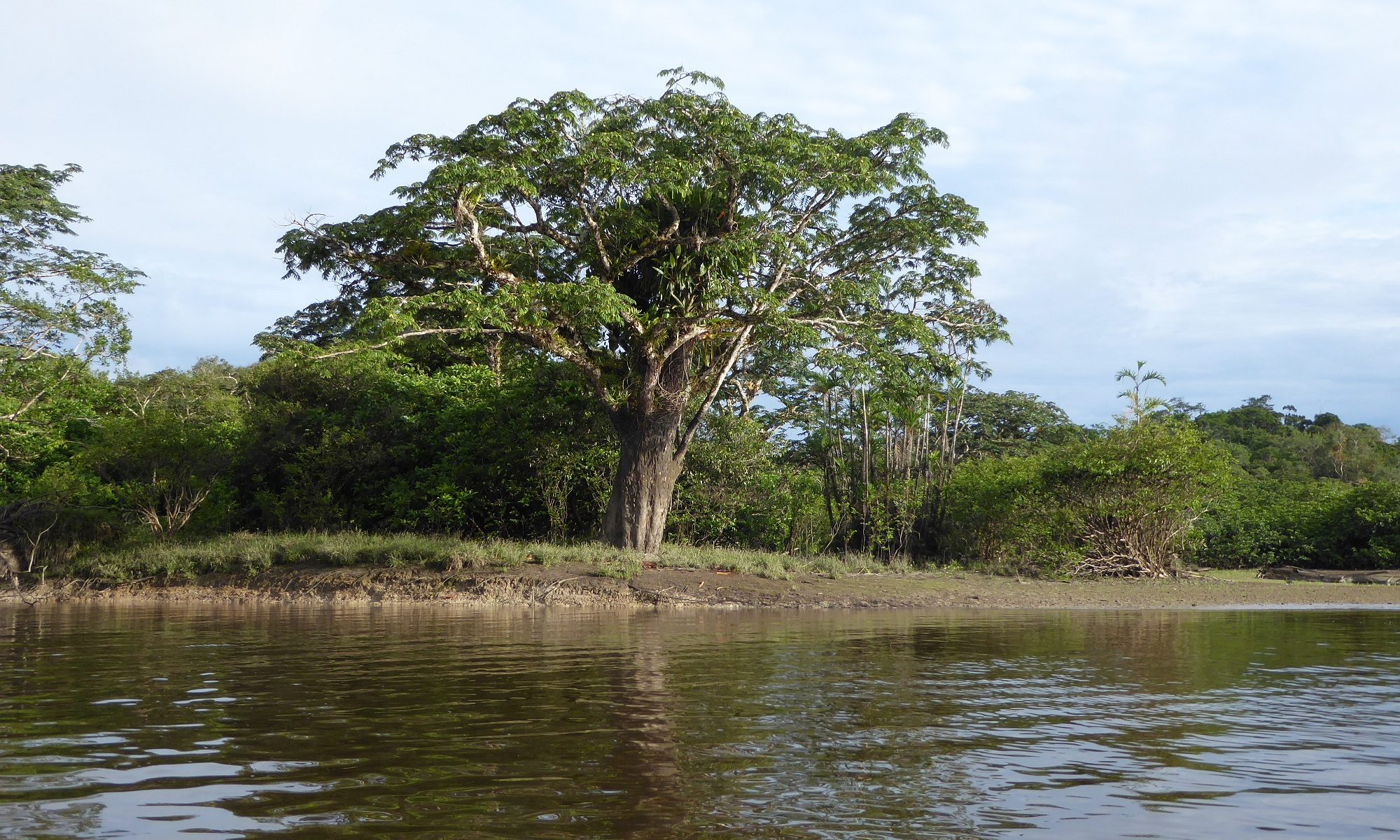Text and photo: Andrés Tapia
In the ancestral Kichwa community of Canelos, located in the interior of the Pastaza province, an Educational and Pedagogical Assembly was held in 25-26 September. The assembly was convened by the Council of Kichwa nationality of Pastaza (Pastaza Kikin Kichwa Runakuna PAKIRU) to follow-up the resolutions made in the congress of the Kichwa communities, villages and associations of Pastaza in last August.

The assembly brought together teachers, officials, students, directors, leaders and authorities of the Intercultural Bilingual Education (IBE) System, creating a space for an intense, formative and productive work day for exchanging eco-cultural knowledges, wisdom and practices with the aim of contributing to the construction of the IBE system in the Amazon region.
The organizations that are part of the Indigenous Movement of Ecuador, and linked by the Confederation of Indigenous Nationalities of Ecuador (CONAIE), experience a new moment of the IBE after the signing of decree 444 with the national government that seeks to restore back to the indigenous movement the education that the previous government disconnected from the practice and the organizations of peoples and nationalities 10 years ago. Therefore, the holding of assemblies, meetings and events that discuss the new challenges and perspectives of organizations, and strategies to link with other public actors in the educational field, constitute valuable contributions to strengthening the proposal for the construction of the IBE in Ecuador.
For the technical pedagogical model of the IBE, it was specifically proposed to:
- encourage and strengthen the application of the IBE system in consent with educational innovations and the realities of the territories
- adapt the curriculum of the system to include the principles, worldview, pedagogy and didactics of the Kichwa nationality of Pastaza based on the community and territorial realities
- insert in the curriculum the history, symbols and dates of the ancestral cultural manifestations, organizational process, mobilizations and uprisings of the Kichwa nationality of Pastaza and the Indigenous Movement
Proposals for the reforms of the Organic Law of Intercultural Education (LOEI) were also generated, in particular:
- Creation of a teacher training course at the Intercultural Public and Community University Amawtay Wasi with fourth level specializations (masters and doctorates)
Furthermore, it is a central task of the indigenous organizations to generate assembly processes that allow to pragmatize the proposals arising from the territories in linkage with their regional and national organizations. It is also important to look for alliances with other educational actors and the academy to strengthen the IBE in the Amazon region. In this sense, the initiative taken by the Kichwa nationality of Pastaza is valuable and should be replicated by other nationalities and in other territories, with a view to collectively construct the IBE system proposal for Ecuador, and particularly in the Amazonian region, in accordance with the reality, worldviews, eco-cultural knowledge and political and ideological principles of the indigenous movement.
Source: Resoluciones de la Asamblea educativa y pedagógica de la nacionalidad Kichwa de Pastaza PAKIRU. Comuna Canelos. 2018.
